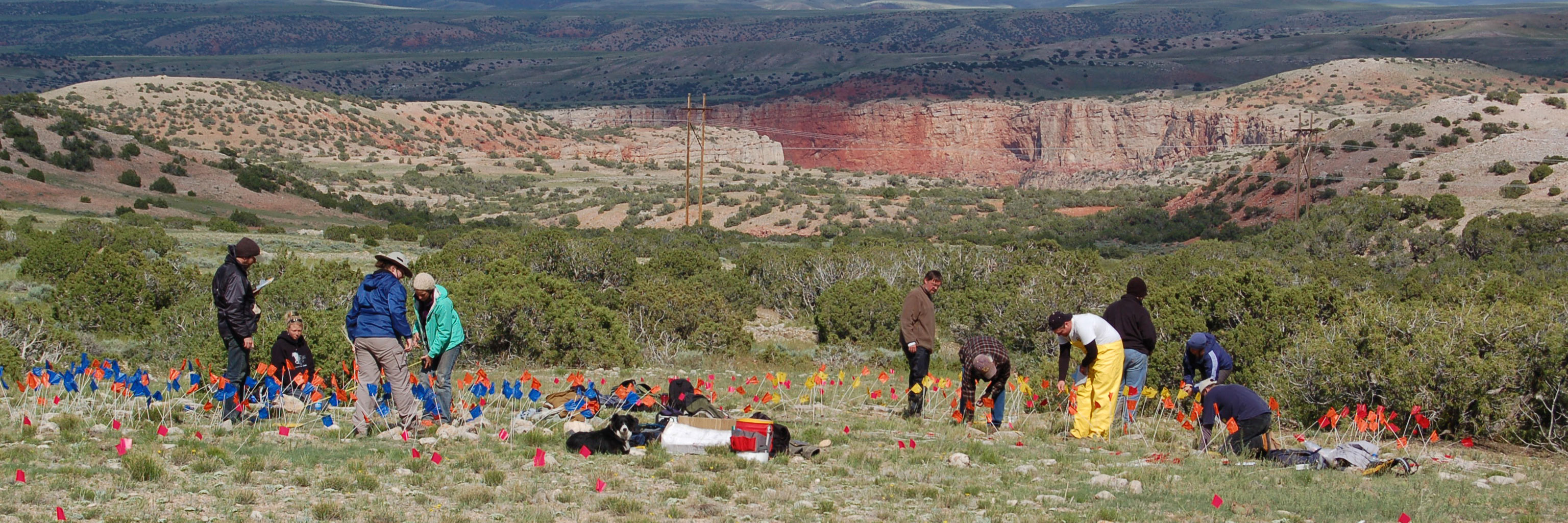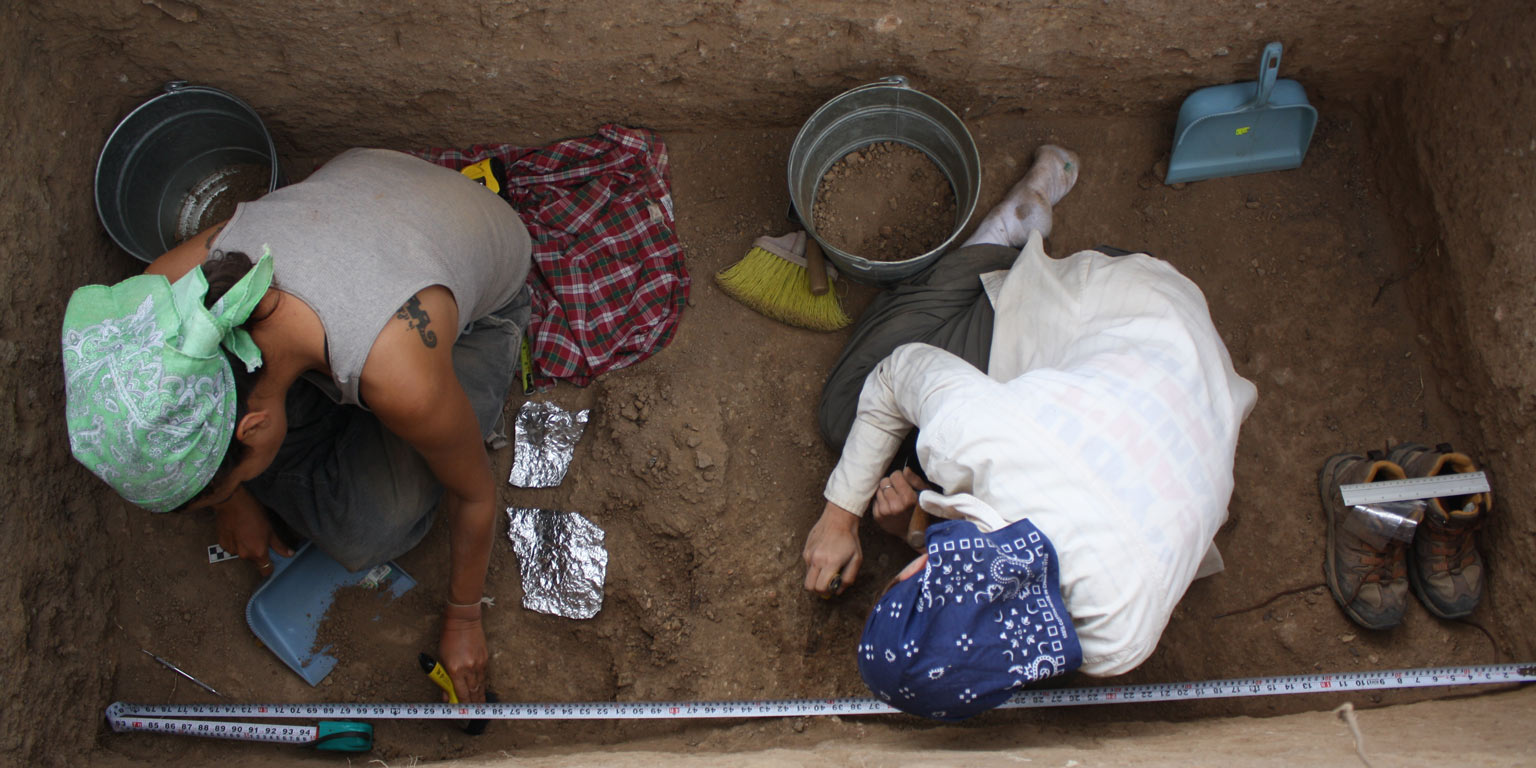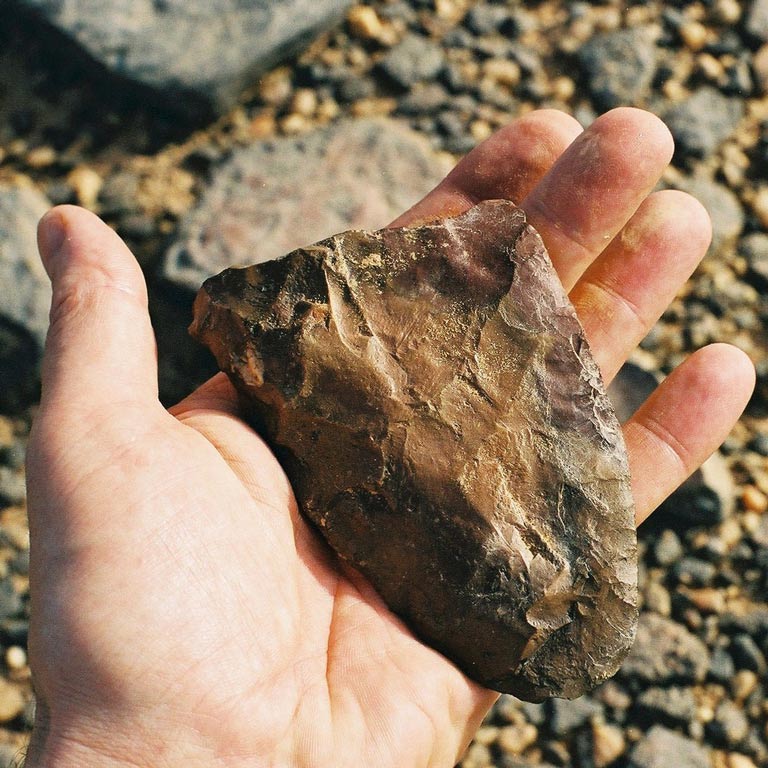Archaeology is the study of people in both past and present, using material remains—the things humans “leave behind”—as evidence. Much like detectives or crime scene investigators, archaeologists assemble small clues to build interpretive arguments.
Archaeologists are also anthropologists, focused on social and cultural questions. We try to understand how people came to have a variety of belief systems, technologies, forms of government, and ideas about themselves. We look at how societies were formed, how our earliest human ancestors lived, and what families were like in different times and places. We consider the kinds of foods people ate and the reasons they did so, what kinds of material objects they produced and traded, and whether people did things because they feared violence and famine, or because they believed in inspiring leaders. In other words—we study all that makes us human.
The study of archaeology helps us understand the diverse nature in the world around us. We assemble evidence to consider of how human beings interact with the material world, building objects and their meaning. Our students become more familiar with many aspects of the human experience, becoming better critical thinkers and enhancing their observational, analytical, and writing skills.
Areas of research
Our faculty interests include the archaeology of human origins and the evolutionary ecology of early hominids. They conduct research in culture contact studies, household production, identity, and lithic and ceramic technologies. We also have a unique program focused on ethics and the social context of archaeological research. We have strong programs in the archaeology of North America, Mexico, and the Caribbean, and in paleoanthropology in Africa.




 The College of Arts
The College of Arts